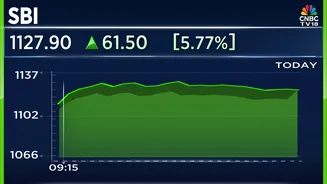Dangers of Excess
While vitamin D is essential, excess intake can lead to serious health issues. A primary concern is hypercalcemia, a condition marked by high calcium levels
in the blood. This can result from vitamin D's role in absorbing calcium from the gut. High levels of calcium can cause a variety of symptoms, including nausea, vomiting, weakness, and frequent urination. Over time, hypercalcemia can contribute to kidney damage, the formation of kidney stones, and the hardening of arteries. The article underlines the importance of maintaining the correct dosage, since exceeding the recommended intake can create more health problems than it solves. It reinforces the point that understanding the potential risks is as important as recognizing the benefits of vitamin D.
Recognizing Warning Signs
Identifying the symptoms of a vitamin D overdose is vital for prompt intervention. Early signs often include gastrointestinal issues such as nausea, vomiting, and loss of appetite. These may be accompanied by excessive thirst and frequent urination, as the body attempts to flush out the excess calcium. As the condition worsens, individuals may experience muscle weakness, bone pain, and confusion. In severe cases, vitamin D overdose can lead to kidney failure or cardiac issues. Recognizing these early warning signs and promptly consulting a healthcare professional is crucial. This proactive approach helps prevent severe health consequences and ensures a safer approach to vitamin D supplementation.
Risks of Overuse
The overconsumption of vitamin D poses several health risks. One of the most significant is damage to the kidneys, as excessive calcium can strain these organs and potentially lead to kidney stones or failure. Cardiovascular health can also be compromised, with high calcium levels contributing to the hardening of arteries, increasing the risk of heart disease and stroke. Furthermore, an imbalance in vitamin D can affect bone health, ironically weakening bones rather than strengthening them. This is because the body may struggle to regulate calcium levels, leading to a detrimental impact on skeletal structure. The information emphasizes that exceeding recommended dosages, without medical guidance, can lead to serious adverse effects.
Safe Supplementation Tips
To ensure safe vitamin D supplementation, certain precautions should be followed. It is essential to consult a healthcare provider before starting any supplements, to determine the appropriate dosage based on individual needs and health conditions. Regular blood tests can help monitor vitamin D levels, preventing both deficiency and overdose. Following the recommended daily allowance, and avoiding excessive doses, is important. Vitamin D supplements are available in various forms, so choosing the right type and dosage can be facilitated by a doctor. This includes considering factors like age, lifestyle, and existing health conditions. Adhering to these safety measures, under medical guidance, is the best way to reap the benefits of vitamin D without risking adverse health consequences.






















